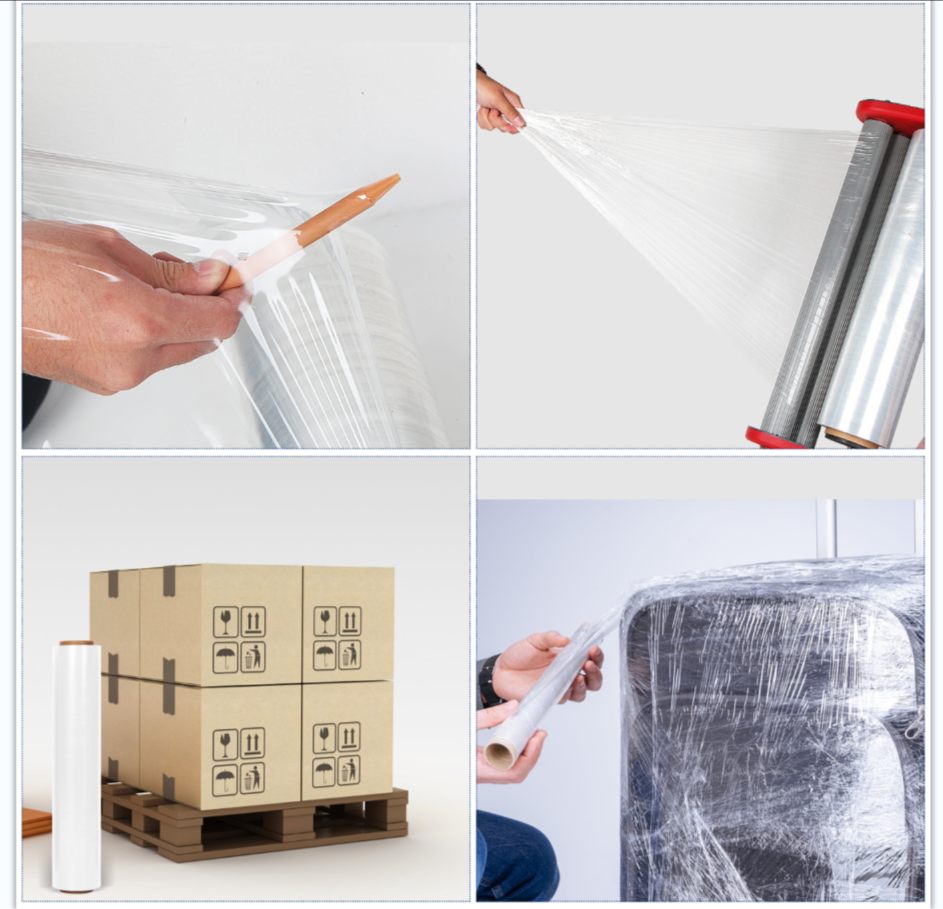trash bags cost
The Cost of Trash Bags A Hidden Household Expense
In the modern world, we generate more waste than ever before. From packaging to food scraps, our daily lives contribute to an ever-growing pile of refuse. As a result, trash bags have become an essential item in our households. However, the cost of trash bags is often overlooked in the grand scheme of our monthly expenditures. As we analyze the various factors contributing to the cost of trash bags, it becomes clear that this seemingly minor expense deserves our attention.
The Average Cost of Trash Bags
The price of trash bags can vary significantly based on several factors, including brand, size, and material. On average, a roll of standard 13-gallon kitchen trash bags can cost anywhere from $10 to $20, depending on the quantity and features such as odor control or durability. Biodegradable or eco-friendly options often come with a higher price tag, reflecting their environmentally responsible materials. For families or individuals generating a large amount of waste, these costs can add up quickly.
To provide a clearer perspective, consider a typical household that uses around one roll of trash bags per month. This amounts to an average annual expenditure of $120 to $240 just on trash bags alone. When one takes into account other related costs of waste management, such as garbage disposal fees, recycling services, and composting, the financial impact of waste management can become a significant portion of the household budget.
Factors Influencing Trash Bag Costs
1. Material Quality Trash bags come in various materials ranging from standard polyethylene to more durable options that can withstand heavier waste loads. High-quality bags designed for yard waste or construction debris are often pricier but offer greater strength and reliability.
2. Brand Reputation Popular brands with established reputations for quality often charge more than generic or store-brand alternatives. Customers may be willing to pay a premium for renowned brands due to perceived value in durability and performance.
3. Eco-Friendly Options With increasing concerns about plastic waste and its impact on the environment, many consumers are turning to biodegradable or compostable bags. While these options may be better for the planet, they generally cost more than traditional plastic bags.
4. Buying in Bulk Purchasing trash bags in bulk can lead to significant savings. Many retailers offer larger packages at a reduced cost per bag, making it more economical for large families or those who prefer to stock up.
trash bags cost

The Environmental Cost
While the financial aspect of buying trash bags is significant, it's essential to consider the environmental implications as well. Traditional plastic bags contribute to the growing problem of plastic waste in landfills and oceans. Many regions now impose fees on single-use plastics, further driving up the effective cost of disposable trash bags. By opting for biodegradable alternatives, consumers can help mitigate their environmental impact—even if it means spending a little more upfront.
Cost-Saving Tips
To manage the cost of trash bags effectively, consider the following tips
- Choose the Right Size Ensure that the size of the trash bag corresponds to your needs. Using a bag that is too large for your waste can result in unnecessary expenses.
- Buy in Bulk Look for bulk options at warehouse stores or online. This can lower the cost per bag and reduce the frequency of purchases.
- Invest in Reusable Bags For yard waste or recycling, consider investing in reusable bags made from durable materials. These can withstand multiple uses and reduce overall consumption.
- Practice Waste Reduction Implementing strategies to reduce waste—such as composting organic materials or cutting back on single-use items—can also help decrease the number of trash bags needed.
Conclusion
Though it's easy to overlook the cost of trash bags in the broader context of household expenses, it’s clear that this seemingly trivial item deserves attention. As the prices vary widely based on several factors, understanding these nuances and considering alternatives can help consumers make informed choices. Whether by choosing bulk options or investing in eco-friendly alternatives, being mindful of our trash bag expenditures can contribute to better financial and environmental outcomes. In a world overflowing with waste, it is up to each of us to take charge of our consumption—starting with one simple step choosing the right trash bag.
-
The Best Uses for Small Trash Bags in Daily LifeNewsJul.01,2025
-
Stylish Reusable Grocery Bags TrendsNewsJul.01,2025
-
Shipping Advantages of Using Bubble Envelopes BulkNewsJul.01,2025
-
How Compostable Mailing Bags Reduce Environmental ImpactNewsJul.01,2025
-
Environmentally - Friendly Bulk Poly MailersNewsJul.01,2025
-
Eco Friendly Custom Laminated Tote BagsNewsJul.01,2025
-
Have the freedom of customizing your custom mailers any way you want! Our dedicated packaging support will help deliver you the mailing experience you need to elevate your shipping experience to the next level! Start making a strong impression on your customers and stand out from your competitors! -
LIYA uses high quality raw materials which directly purchased from large enterprises domestic and overseas such as PetroChina, Sinopec, Sabic, Equate, ExxonMobil, Dow Chemical, Total, and Borouge, ensuring the price advantage and quality of the raw materials. -
LIYA uses high quality raw materials which directly purchased from large enterprises domestic and overseas such as PetroChina, Sinopec, Sabic, Equate, ExxonMobil, Dow Chemical, Total, and Borouge, ensuring the price advantage and quality of the raw materials.





